Menopause is a significant transitional phase in a woman’s life, marked by hormonal fluctuations and various physical and emotional changes.
One lesser-known symptom of menopause is the onset of panic attacks. In this blog, we will delve into why some women experience panic attacks in menopause, what these episodes entail and suggest practical solutions to manage them.
By gaining insights into this phenomenon, women can better prepare themselves for coping with these challenges and maintain a positive outlook throughout the menopause transition.
Understanding Panic Attacks in Menopause
A panic attack is a sudden onset of overwhelming fear or anxiety, accompanied by a variety of physical and psychological symptoms, such as:
- Rapid heartbeat
- Shortness of breath
- Trembling or shaking
- Chest pain
- Dizziness or lightheadedness
- Fear of losing control or going crazy
- Fear of dying
While these symptoms usually peak within minutes and then subside, the lingering anxiety can cause significant distress.
The Link Between Menopause and Panic Attacks
Panic attacks in menopause may be triggered by a combination of factors;
Hormonal fluctuations: During menopause, women experience a decline in oestrogen levels, which can influence the production of serotonin, a neurotransmitter that plays a critical role in regulating mood and anxiety. This hormonal shift can make some women more susceptible to panic attacks.
Stress: Menopause brings about various physical and emotional changes, which can lead to increased stress levels. This heightened stress may contribute to panic attacks in menopause.
Sleep disturbances: Menopause is often associated with sleep problems, such as insomnia or night sweats. Poor sleep quality can exacerbate anxiety and increase the risk of panic attacks.
Managing Panic Attacks During Menopause
Here are some effective strategies for coping with panic attacks during menopause:
Maintain a balanced lifestyle: A healthy diet, regular exercise and adequate sleep can help regulate hormonal imbalances and support overall well-being.
Practice relaxation techniques: Deep breathing exercises, progressive muscle relaxation and mindfulness meditation can help alleviate anxiety and prevent panic attacks.
Seek social support: Connecting with friends, family, or joining support groups can help alleviate feelings of isolation and provide valuable emotional support.
Consult with healthcare professionals: Speak with your doctor about your symptoms and concerns. They can provide guidance on appropriate treatments, such as hormone replacement therapy (HRT) or medications to manage anxiety.
Frequently Asked Questions
Can hormone replacement therapy (HRT) help alleviate panic attacks during menopause?
HRT can help balance hormonal fluctuations that may contribute to panic attacks during menopause. However, HRT may not be suitable for everyone, so it’s essential to discuss your symptoms and treatment options with your healthcare provider.
When should someone experiencing panic attacks in menopause consider seeing a counsellor or therapist for help with symptoms?
If panic attacks during menopause are frequent, disruptive to daily life or causing significant distress, it may be time to consider seeking the help of a counsellor or therapist. A mental health professional can assist in identifying triggers, developing effective coping strategies and providing guidance on additional treatment options.
Can cognitive-behavioural therapy (CBT) help women experiencing panic attacks during menopause?
CBT can be an effective therapy for addressing panic attacks as it helps individuals identify and reframe negative thought patterns contributing to anxiety. CBT can be a valuable tool for managing menopause-related panic attacks and improving overall mental health.
How can I distinguish between a panic attack and symptoms of a heart attack?
Distinguishing between a panic attack and a heart attack can be worrying as both can present similar symptoms, such as chest pain, shortness of breath, and rapid heartbeat. However, there are differences that can help differentiate between the two. Panic attacks tend to have a sudden onset and are often triggered by stress or anxiety, with symptoms usually peaking within minutes and then subsiding.
Breathing exercises or calming techniques can help alleviate panic attack symptoms.
Heart attack symptoms, on the other hand, may develop gradually and persist over time, often accompanied by a sensation of pressure, squeezing or heaviness in the chest.
Are you looking for help with some of your menopause symptoms? Get in touch with Donna Morgan today.


